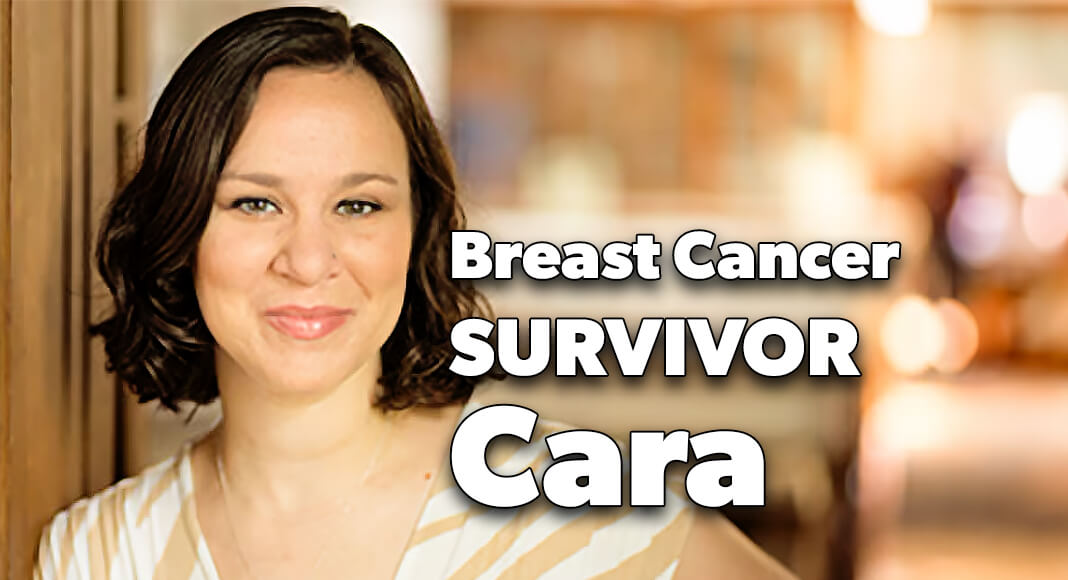
Mega Doctor News
“Community is a huge part of getting through really difficult experiences.” —Cara.
My father encouraged me to get genetic counseling and testing because of my family history—my mother passed away from breast cancer at age 42. I also knew my risk was higher because of my Ashkenazi Jewish heritage.
After I learned that I had a BRCA1 gene mutation, I decided to get frequent breast cancer screenings. This allowed me to catch and treat my breast cancer early at age 25.
Building community for young survivors
I found that cancer communities didn’t always meet the needs of young survivors like me. This led me to co-found Young Adult Cancer Connection.
Through this group, I connect with other young people affected by cancer around the unique issues we face, like how cancer affects our friendships and romantic relationships, body image, and family planning.
I find that my fellow survivors and I are relieved to be able to share our unique experiences in these groups.
Cara, age 30, discusses how her family history of breast cancer and Ashkenazi Jewish heritage inspired her proactive approach to her breast health. She found breast cancer early when she was diagnosed at age 25.
Family planning with a BRCA mutation
My husband and I are trying to have children. We are pursuing in vitro fertilization and preimplantation genetic diagnosis (testing embryos for a BRCA gene mutation) in the hopes of having a child without a BRCA gene mutation.
The process is expensive, time consuming, and stressful for me. Still, I feel hopeful and fortunate for the opportunity to grow my family.
Realities after breast removal
I had a double mastectomy (surgery to remove both breasts) as part of my cancer treatment. Because of complications with healing, I had to have additional surgeries and was not completely happy with my results.
I feel the media and social media often only share positive experiences women have with double mastectomies. These stories often focus on beautiful results, but not the challenges. For example, I know from my cancer communities that some women might miss their breasts or how they feel.
I hope more women can hear and share more diverse experiences to know they are not alone.
Information Source: CDC










